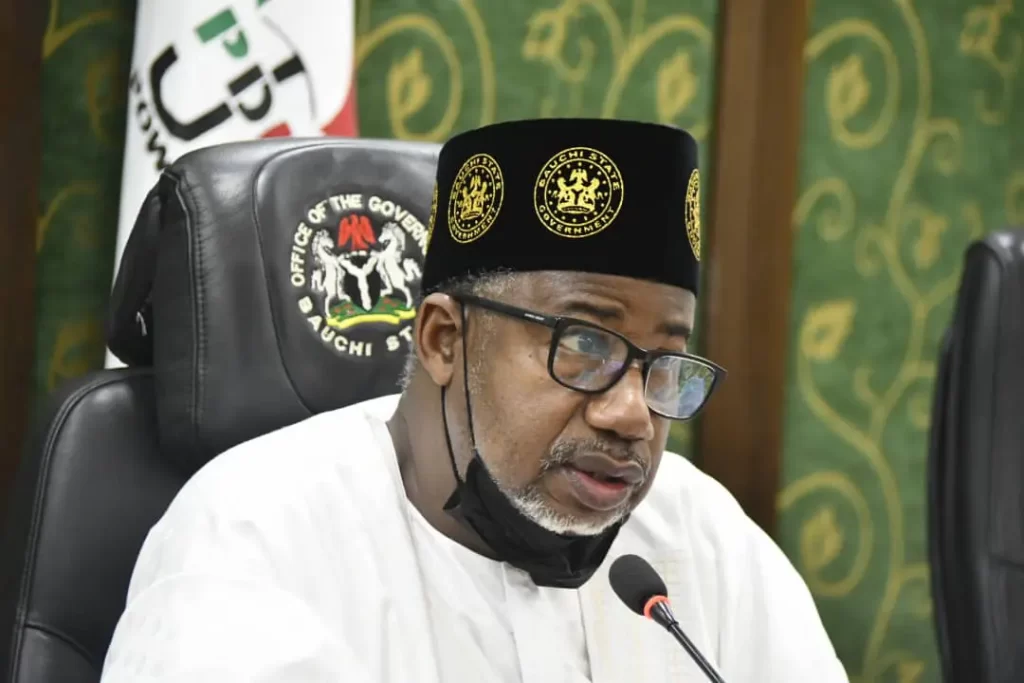
In order to ease the financial burden caused by the rise in Hajj fare for pilgrims from Bauchi state, Governor Bala Mohammed has given the green light for a 50% subsidy, totaling N950,000, for the 2024 pilgrimage to the Holy Land.
The National Hajj Commission had recently raised the fare for the 2024 pilgrimage to Saudi Arabia by N1,918,032.91, prompting concerns from the state government.
To address this issue, the state government announced that it will cover a subsidy of N959,000 for each of the 1,652 aspiring pilgrims from the state, amounting to a total of N2.5 billion.
According to a statement released on Friday by Mukhtar Gidado, the Special Adviser, Media and Publicity to the Governor, this initiative is aimed at facilitating religious obligations and improving the well-being of citizens.
The statement highlighted, “Governor Bala Mohammed’s approval of the subsidy for all intending pilgrims from Bauchi State is a significant decision in response to the recent adjustment in the 2024 Hajj fare announced by the National Hajj Commission of Nigeria (NAHCOM). Pilgrims are now required to pay an additional amount of N1,918,050.”
The Bauchi State Government, under Governor Bala Mohammed’s leadership, has subsidized N959,025, which represents 50% of the additional fare for each of the 2,290 intending pilgrims from the state.
To fund this subsidy initiative, the governor has authorized the immediate release of N2,196,110 for the payment of the subsidy fare.
This unprecedented move showcases the government’s dedication to ensuring that Muslim faithful in Bauchi State can fulfill their sacred duty of performing the Hajj pilgrimage to Mecca, a core tenet of Islam.
The government’s decision to subsidize the Hajj fare aims to lessen the financial strain on intending pilgrims, enabling more citizens to participate in this significant religious obligation. This aligns with the government’s commitment to promoting equitable access to opportunities and resources through inclusive governance practices.
